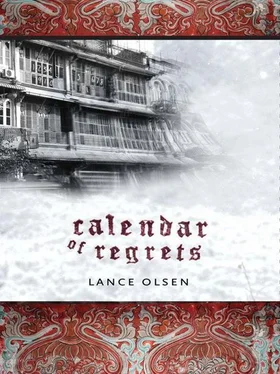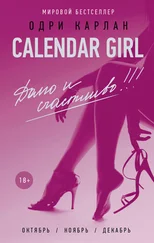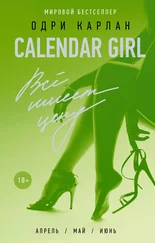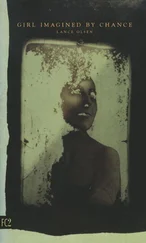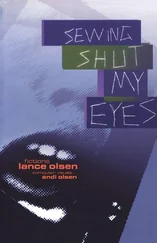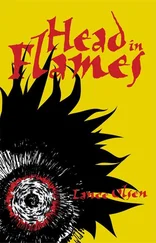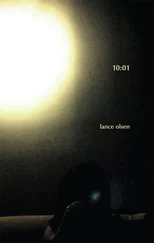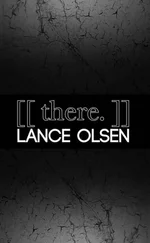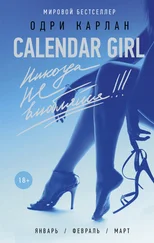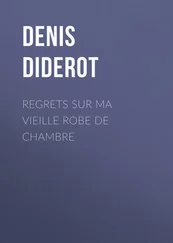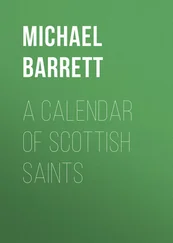The young Bosch is drawing, filling sheet after sheet with figures of fauna — donkeys, dogfish, duckbills, tigers, newts, narwhals, nighthawks, dung beetles, dragon flies, dolphins — and then carefully separating their paper heads from their paper bodies with a fillet knife, wing from thorax, arm from trunk, tail from arse, so as to coin new chimeras by pasting together bits from the originals on a fresh sheet. It did not matter, so far as he could see, that he had never observed a squid or skink in person. He had heard stories, read descriptions, seen sketches, and what else did a fellow with a whiffet of imagination need to fashion beasts that interested him canyons more than those boring old brutes he suffered every day beyond his bedroom window?
Stretching out on his tummy, alive in his head, the boy Bosch always became someone else. He glanced up and it was one o'clock. He glanced up and it was five. Stretching out, he experienced the same thrill that sparrowed through him every time, closing his eyes, he skated faster and faster across the frozen pond at the city's dusking edge, everything suspended in bluing gloom, removed from the other bully boys and their menacing world, then opened his eyes once more to find himself with a testicle-lifting shock fifty meters farther on in an utterly different fluttery existence.
Remembering reminds him: there are endurable moments. Yes. Of course. A pocketful of them, at least. No. More. Much. How, for no particular reason, Aleyt sometimes hurries into his studio while he is working, even after all these years, takes his face in her palms, kisses him fervently on the lips, and hurries out, just as if she had never entered there in the first place. How the angelic four-voice vocal texture of Guillaume Dufay's masses make the day on which you hear them feel thoroughly lived. How your consciousness arranges the entire piece of theater called living into a series of remarkable paintings called recollection.
A polyptych .
That word again.
Bosch is observing the three pudgy blind men who used to shuffle past his house on their way to market. Fascinated, his younger self waited for them at the window the second he had backhanded breakfast off his mouth. Capes flapping, milky eyes upturned toward a milky sky, fat lips slices of lilac liver on their faces, they held hands with each other like a human daisy chain to site and steady themselves on their perilous daily expedition.
What delighted Bosch was how effortless they made their passage appear, the most natural thing in creation. They were sightless, their hesitant and meandering dance declared. They were hungry. But they had business to do, and so, unfussy as stewed mutton, they did it. They just went . Bosch wondered what they could possibly see in their not seeing. Bleared bodies? Dense darkness? Nebulous light? He wondered how the cobblestones felt prodding the trio's leather soles, whether or not the room in which they would someday expire had already been built.
And then one morning, just like that, only two passed. Two ? Bosch could not believe what he wasn't witnessing. At first he thought perhaps he had made some sort of mistake. Perhaps he had miscalculated their rhythms and was in truth looking at a different pair of blind men altogether.
No: next day, the same two passed.
And, next day, the same two.
And just as Bosch was concluding matters could get no worse, one of those dropped off the canvas as well.
Then there was a single blind man groping his way along the lane, palming house fronts, stumbling, unsettled.
And, a fortnight later, he vanished as well.
The young boy felt dreadful, guilty, ashamed. Had he somehow injured them by doing no more than speculating about their existence? Had the very act of studying them somehow changed them irrevocably and for the darker, made them less than they were?
For the following week Bosch slept a sleep thin as moth wings, rising each morning, gobbling his food, hastening to stand watch, only to learn repeatedly that the three were never coming back. After much hand wringing, he finally collected his courage, rolled over in bed one night, and asked Goosen, already aslosh in sleep, what he imagined could have happened to them. Suspicion of a joke being played on him tinting his tone, his big brother told Bosch, pokerfaced, that he had never seen such a group of men. He had no idea what Bosch was talking about.
Unnerved, Bosch approached his father in his studio the next morning. His father's face bobbed out from behind his easel, demanded the boy quit making up tall tales, and bobbed back out of sight.
The boy found his mother cooking in the smoky kitchen. He asked her the same question. Smiling down on him, wooden spoon in one hand, she mussed his hair and said:
What thoughts you have, sweetheart. What thoughts.
But mommy, Bosch did not say, standing there, looking up at her snaggling teeth, helpless, but—
But—
But there is a devil sunk to its waist in the hole in my floor. My legs have disappeared up to the knees, up to the thighs. A chubby toad with a man's hairy arms is squatting on my belly, grinning, smoking a cheroot, while a pair of meter-tall mice are hunching on the chairs Groot and I occupied only minutes ago, cleaning their snouts with their hoofy paws, while a swarm of cat-sized mosquitoes is burring around a lamp, each sporting the face of a grim elderly priest carrying on a busy liturgy, and mommy, mommy, what do I do now?
Bosch finds the pandemonium noteworthy. All this hubbub, all this mayhem, and yet somewhere nearby Aleyt reads on in perfect peace. What a startling place to be: here . Here rather than, say, there, rather than, say, anywhere else.
With his next breath, the painter's energy suddenly becomes an old man pushing a wheelbarrow piled with stones up a hill. It will not be long now, he has time to reflect before his body bucks, his eyeballs pulse, his facial architecture assumes an unusual construction.
And, with that, Bosch becomes a stranger to himself.
The final beast of which he catches a glimpse boasts the head of a rabbit atop the unclothed torso of a young woman with girlishly pert breasts. She is wearing a nun's headdress. That one. Her brown eyes glisten with compassion. Chalky white fluid dribbles from her nipples. She collects it on her long first fingernail and licks it off, pink nose twitching. Bosch conjectures: an itch, season for fleas.
He balances on the very brink of the black absence.
The devil braces, sucks in a lungful of strength.
Gives one last great heave.
And Bosch tips over.
And yet, he thinks, beginning his plummet—
And yet—
And yet, despite all the waiting, the apprehension, in the end the end happens much more rapidly than he ever could have anticipated it might: his stomach lunges, weightless, and then he is freefalling through boundless night — unless, it shimmers through his mind, he is not plummeting, but rather hovering in nothingness, turning head over heels like a slowly revolving fetus. How, after all, could one tell the difference?
More perplexing still, a frantic din has broken out around him. Honks, tweedles, squeals, brays, barks, clacks, rattles, roars, hisses, hoots, yackers, yammers, yawps, bleats, grunts, chirrs, gobbles, coos.
Death, Hieronymus Bosch thinks to himself, is a very crowded affair.
Needless to say, of course, another option is that he has already reached bottom, softer than a bed of breath, is safe, sound, surrounded by God's minions, yet does not know it. Today is nothing if not one for shockers. The painter decides to test his hypothesis by peeping open his right eye, having a peek around, and several tiny luminous white Arabian horses gallop past chased by a large snail with bat wings. Bosch squeezes shut his eye again, settles on the encouraging datum that his throat seems to have quit bothering him — unless, needless to say, this indicates he is already dead, a bodiless spirit with no need for swallowing.
Читать дальше
